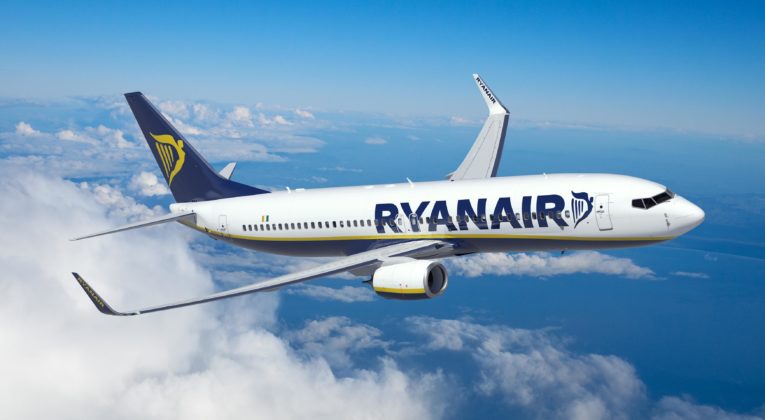Some links to products and partners on this website will earn an affiliate commission.
Ryanair hit the news again this week and, as usual, the news wasn’t positive…
What Happened?
During the most recent lockdown in the UK, Ryanair continued to operate many of its scheduled flights. Despite the fact that many UK travellers were effectively barred from international travel, Ryanair refused to offer refunds for flights that actually operated.
Many annoyed Ryanair customers then proceeded to instigate “chargeback” procedures via their credit card providers. Hundreds of claims were successful, especially those processed by American Express.
Fast forward to Autumn 2021, and Ryanair seems to be blacklisting passengers who received a refund via the chargeback process… unless they return their refunds. But in typical Ryanair fashion, they aren’t telling the passengers until they attempt to check-in – having already spent thousands on accommodation, COVID tests, etc. – meaning that the majority of customers affected are likely to pay up (instead of doing what they should do, which is to make alternative flight arrangements and take Ryanair to small claims court to be awarded compensation for the denial of boarding).
Who’s Right?
At first glance, Ryanair is correct. If a flight actually operated, they are under no legal obligation to refund a passenger who was unable or unwilling to fly. The passengers’ travel insurance ought to be covering most, if not all, risks of missing a flight.
It is also debatable whether the UK’s lockdown rules completely banned international travel. Travel was heavily discouraged to be sure, and many interpreted the lockdown rules as meaning they couldn’t travel to the airport. But I don’t recall a blatant “travel is illegal and you could be fined or sent to jail” policy. The Competition and Markets Authority has even admitted as much, dropping a case against British Airways and Ryanair because of a “lack of clarity in the law [which] makes it insufficiently certain that it would be able to secure refunds for customers”.
So… if a customer has received a refund they aren’t actually entitled to, Ryanair is notionally well within its rights to ban a customer until they pay their debt.
But as usual… Ryanair has gone about it in the most customer-unfriendly manner…
These Might Not be Popular Views, But…
1. Instead of purchasing travel insurance, too many travellers are expecting airlines and hotel chains to provide flexibility they haven’t paid for. I realise that insurance companies are potentially even less popular than Ryanair. But if you don’t want to rely on travel insurance, then just book fully refundable airfares and hotels.
2. Too many people rush to their bank for a “chargeback” claim when they don’t like how a company is dealing with a dispute. The hurdles for a successful chargeback claim are higher in the UK than they are in the US, – where jumping to a chargeback is the default response, and many banks just approve them with little thought – but if the system becomes clogged with dodgy chargeback claims, those with legitimate grievances are likely to lose out. Travel companies in particular are also likely to run into cashflow problems if their credit card revenues are retained to cover potential chargeback exposure…
What do you think?
It is easy enough to bash Ryanair for yet another misstep. But here I think Ryanair might actually be right, even though they are going about it all wrong…
What do you think? Let us know in the comments section…



A very sensible article. As you state, if passengers want the flexibility to cancel flights they should book fully refundable tickets. Chargeback should not be allowed if the service (flight) is provided by the airline, which it was.